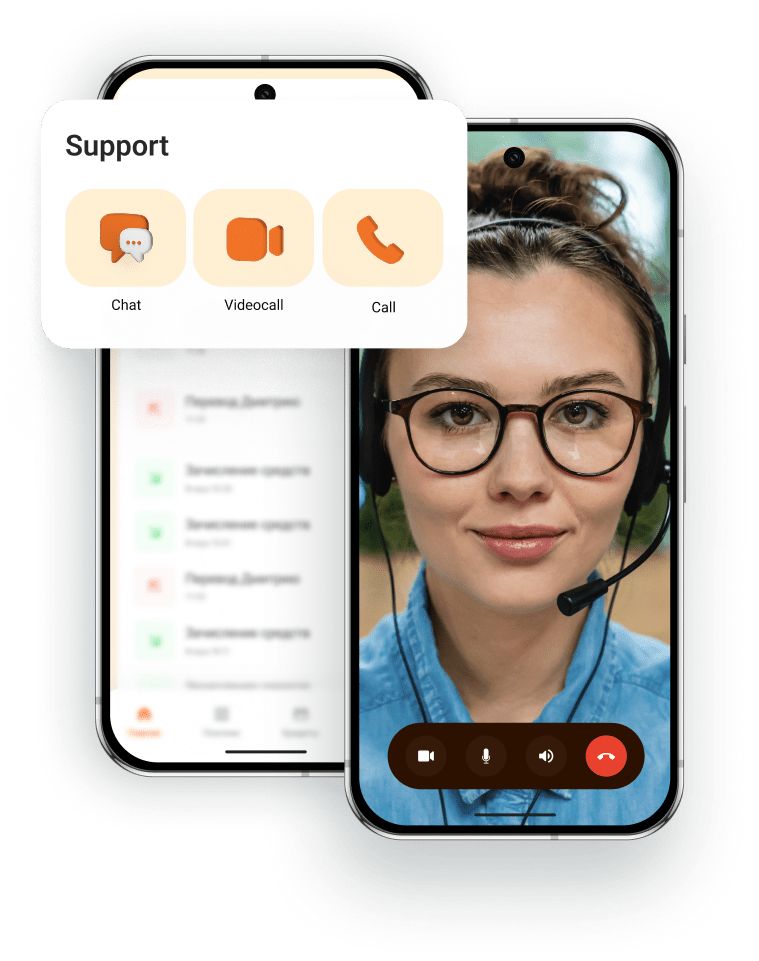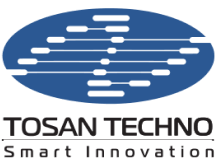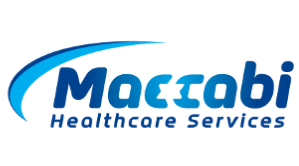TrueConf SDK
Integrate video conferencing technologies into self-service endpoints, information kiosks, or applications, and create your own software solutions using a specialized set of developer tools.

Integrate video conferencing technologies into self-service endpoints, information kiosks, or applications, and create your own software solutions using a specialized set of developer tools.
CPU x86
Windows
Debian
Ubuntu
ARM
Raspberry Pi OS
Android
iOS/iPadOS
Add TrueConf-powered messaging and video calls to your applications.
Adapt the interface and functionality to fit your product's needs. Customize the appearance of video calls, chats, and controls to match your corporate identity.
Improve the remote customer experience by integrating TrueConf video conferencing into ATMs, information kiosks, and banking applications.
Embed video conferencing and interactive communication tools into educational portals, applications, and corporate academies. Create your ideal digital learning space.
Video Banking
Customer Service
Telemedicine
Distance Education
Introducing video conferencing capabilities into the software of virtual, augmented, and mixed reality devices enables communication with anyone worldwide, offering full telepresence. It also creates a high-tech digital space for business meetings, presentations, and teamwork.
MS Visual Studio
(.NET MAUI)
Android Studio
Xcode
Apache Cordova
React Native
Python
TrueConf SDK offers flexible capabilities for integrating corporate communications into third-party software solutions. It's very easy to get started with the tools because you have:
A proven set of tools has been used to develop proprietary video conferencing software: TrueConf Kiosk and TrueConf Room.
The TrueConf Mobile SDK provides a range of features to add video conferencing to your app:
• Connect to a Server: Easily link to a specific server for smooth and secure communication.
• User Login: Allow users to log in with a username and password safely.
• Check User Status: See if other users are online and get updates when their status changes.
• Make Direct Calls: Let users call each other directly for quick, one-on-one conversations.
• Receive Incoming Calls: Manage incoming calls so no important communication is missed.
• Join Group Conferences: Enable users to join group discussions and meetings.
• Customize Controls: Adjust the conference settings for a user-friendly experience.
Using the SDK with TrueConf Server adds even more options:
• Schedule Meetings: Plan meetings ahead of time to keep things organized.
• Create Meetings Automatically: Use the TrueConf Server API to set up meetings without manual effort.
• Include Traditional Systems: Connect older video systems using SIP and H.323 protocols for wider access.
• Add Live Video Streams: Link RTSP streams and IP cameras for richer video options.
• Easy Guest Access: Let guests join meetings through simple WebRTC links, no extra software is needed.
• Explore More Tools: Discover additional features in the video conferencing server documentation.
With the SDK, users can see shared content from other devices during a conference and adjust how participants appear on their screens. For greater control, combine the SDK with the TrueConf Server API. The SDK manages each user's actions, while the API allows you to track meetings, manage user accounts, and set permissions across the whole system. Together, they provide a complete and flexible video conferencing solution for any business.
An SDK (Software Development Kit) is a set of software tools designed for developing applications for a specific platform or framework. This toolkit assists developers in creating high-quality applications by facilitating the development process through included components such as compilers, debuggers, and sometimes a programming environment.
A Video Streaming SDK simplifies the integration of video streaming features into websites, mobile apps, and other software solutions. It provides pre-built components and APIs that manage key functions such as video playback, encoding, decoding, and streaming. By handling these complex tasks, the SDK reduces development time and ensures smooth video delivery across platforms.
A Video Chat SDK enables seamless video communication by providing ready-to-use components that handle video streaming, audio transmission, user authentication, and other essential features. It is commonly used in messaging apps, social media platforms, telehealth solutions, and customer support services, allowing users to engage in real-time video conversations.
A Video Call SDK equips applications with real-time video calling capabilities, allowing users to make and receive video calls within an app or platform. It simplifies development by managing video streaming, audio communication, authentication, and call handling. This SDK is ideal for applications that require direct one-on-one or group video interactions, enhancing user engagement and connectivity.
An SDK typically includes several key components and tools that collectively support the application development process:
• Libraries and Frameworks: An SDK usually comprises libraries and frameworks that provide ready-made solutions for common tasks and functionalities. This accelerates development and avoids writing code from scratch.
• Code Editors: An SDK might include specialized code editors or integrations with popular development environments. This helps developers write and edit code more efficiently.
• Emulators and Testing Tools: SDKs provide tools for emulating various platforms and devices, allowing developers to test their applications in a controlled environment.
An API (Application Programming Interface) is a set of rules and specifications that define how computer programs interact with each other. It includes descriptions of methods, functions, and data. APIs often include internet protocol descriptions, software frameworks, or operating system call standards.
Comparison between SDK and API, key differences:
While an SDK is a set of tools for application development, an API defines interactions between different programs. An SDK may include one or more APIs. In simpler terms, if we consider a program as a black box, the API represents the accessible "handles" that the user of the box can move around for manipulation. Software components interact with each other through APIs. Usually, these components form a hierarchy, where higher-level components use APIs of lower-level ones.
In conclusion, SDKs and APIs serve different functions in the software development process. SDKs provide tools and resources for application creation, while APIs define how different software components interact with each other.
Factors for choosing an SDK:
• Platform Compatibility: Ensure the chosen SDK is compatible with the platform you plan to develop the application on. For example, choose the Android SDK for Android apps.
• Documentation and Support: Look for well-documented SDKs with active communities and support forums.
• Updates and Security: Make sure the chosen SDK is regularly updated to comply with security standards and new OS versions.
• Flexibility and Scalability: Select an SDK that can be easily adapted and scaled according to your project's needs.
• Cost: Consider both initial and long-term costs of using the SDK, including support and updates.
Advantages:
• Time Savings: SDKs provide ready-made solutions.
• Performance Improvement: Using reliable SDKs can enhance application performance and stability.
• Integration: SDKs facilitate integration with various platform capabilities.
• Community Support: Popular SDKs have communities where people assist with issues and questions.
Disadvantages:
• Outdated: Using outdated SDKs can lead to security and compatibility problems.
• Dependency on Third-party Providers: SDK support or updates ending can leave your app vulnerable.
• Functionality Limitations: Some SDKs might limit your application's functionality.





















